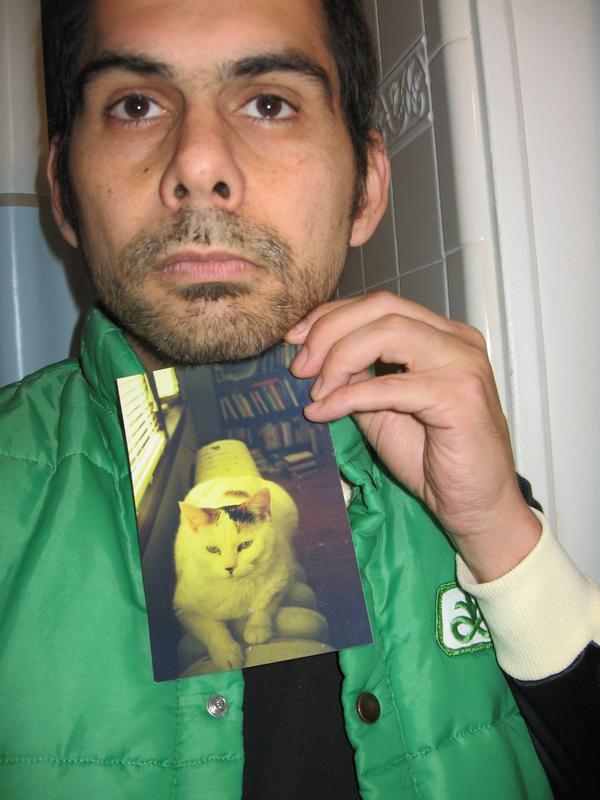Marx for the holidays
"The process, then, is simply this: The product becomes a commodity, i.e. a mere moment of exchange. The commodity is transformed into exchange value. In order to equate it with itself as an exchange value, it is exchanged for a symbol which represents it as exchange value as such. As such a symbolized exchange value, it can then in turn be exchanged in definite relations for every other commodity."
Marx, Grundrisse, “The Chapter on Money,” 145.
When I read this a couple days ago, I was struck by the passage that Marx italicizes. This is because much of my recent research involves the modification and transformation of time under market forces. I'm engaging now in a genealogy of this story, and it is complicated. Marx said it best in that passage in the CM: "everything that is solid melts into air." All values, all assumptions about the natural world and human nature, all manifestations of power, everything becomes transformed by the market. The only problem: the transformation occurs much earlier than modernity, or rather it begins there. We can see inklings of a concern of the "derealization" of economics and trade as far back as Aristotle. My current work involves the circuit between Aristotle/Augustine/Marx.
But the passage above: the derealization of the product that occurs under commodification means a transformation from something spatial into something temporal. The object becomes a moment. Or to be more specific, it becomes a "moment of exchange."


0 Comments:
Post a Comment
Subscribe to Post Comments [Atom]
<< Home